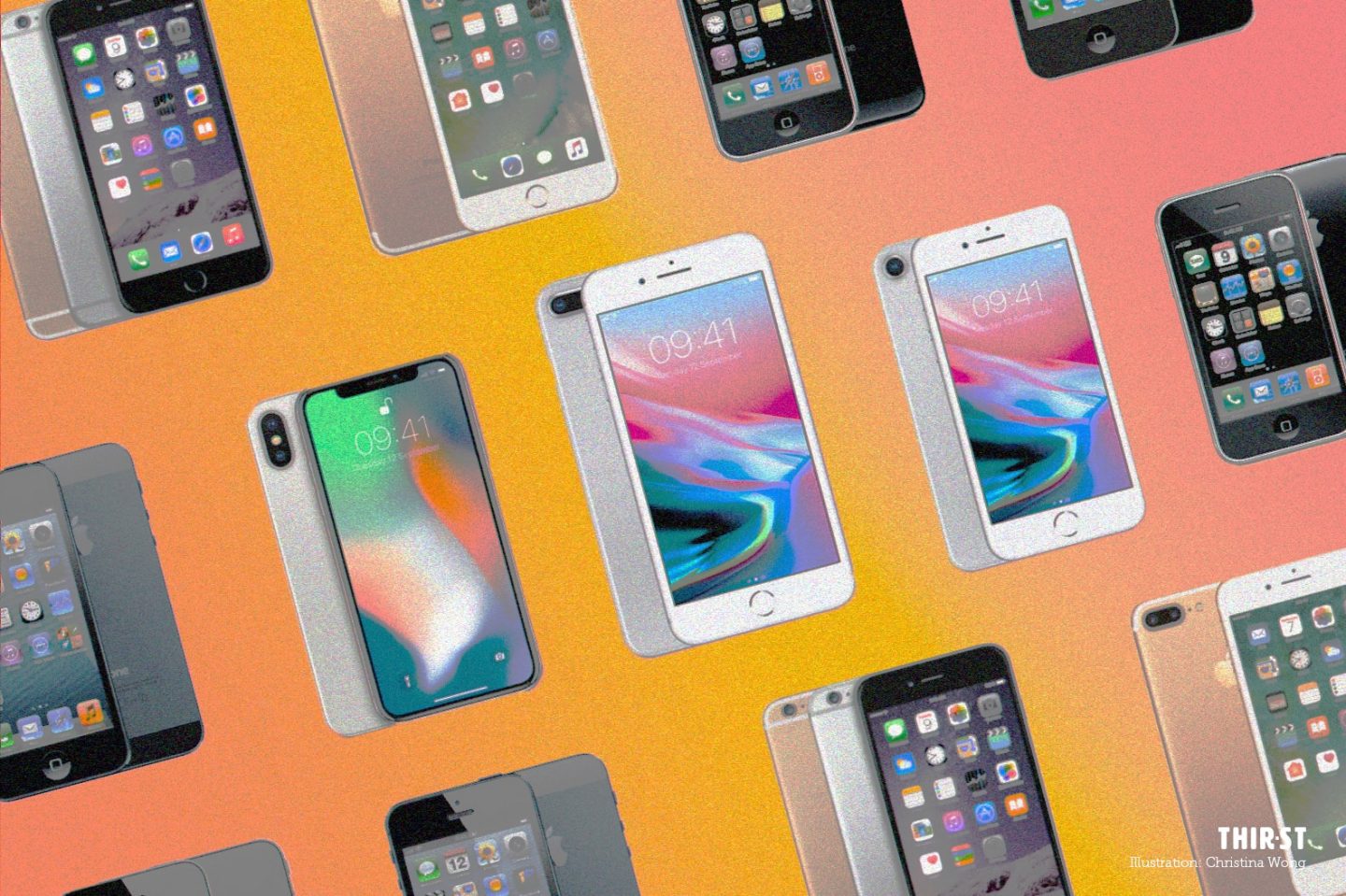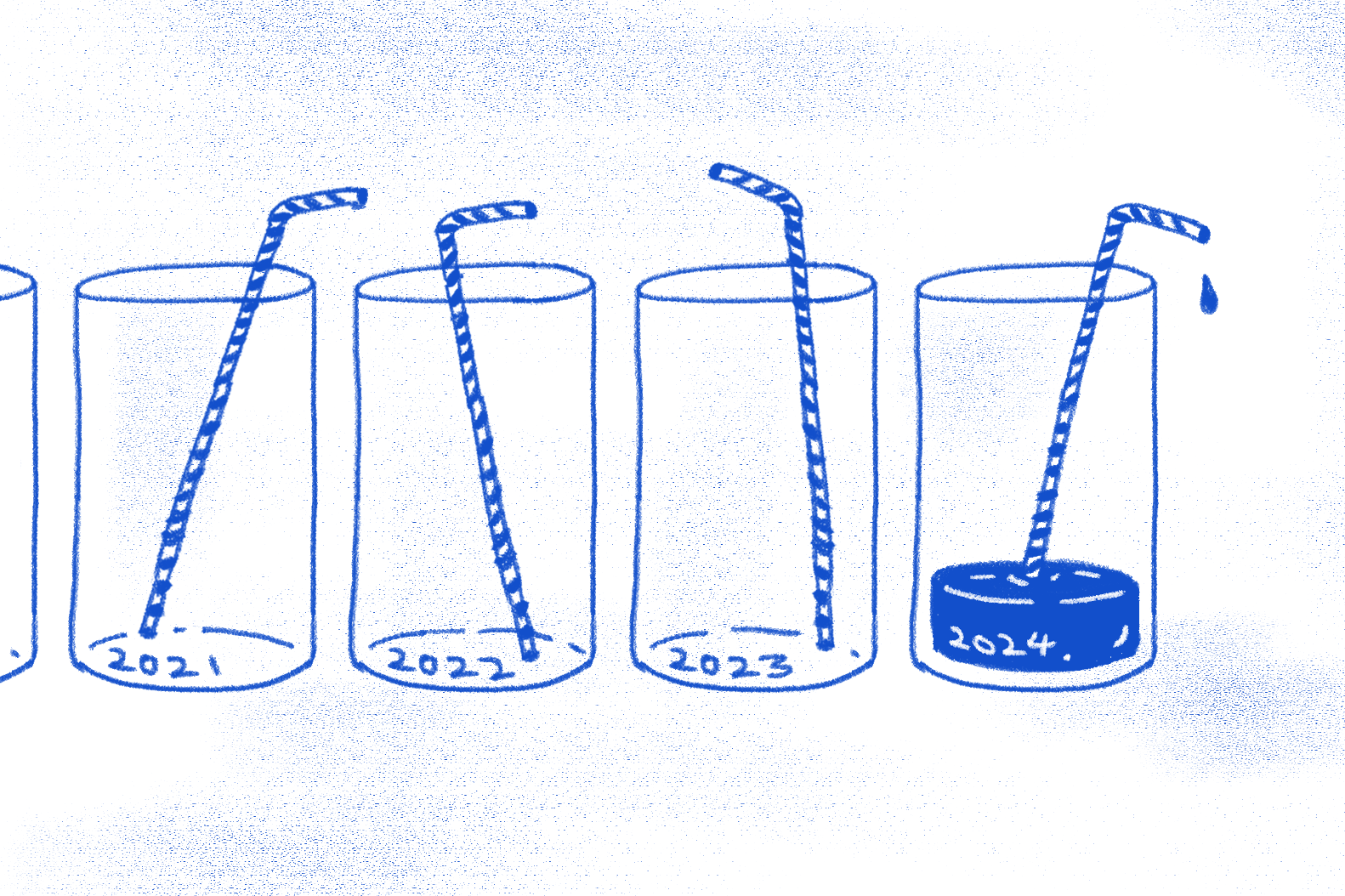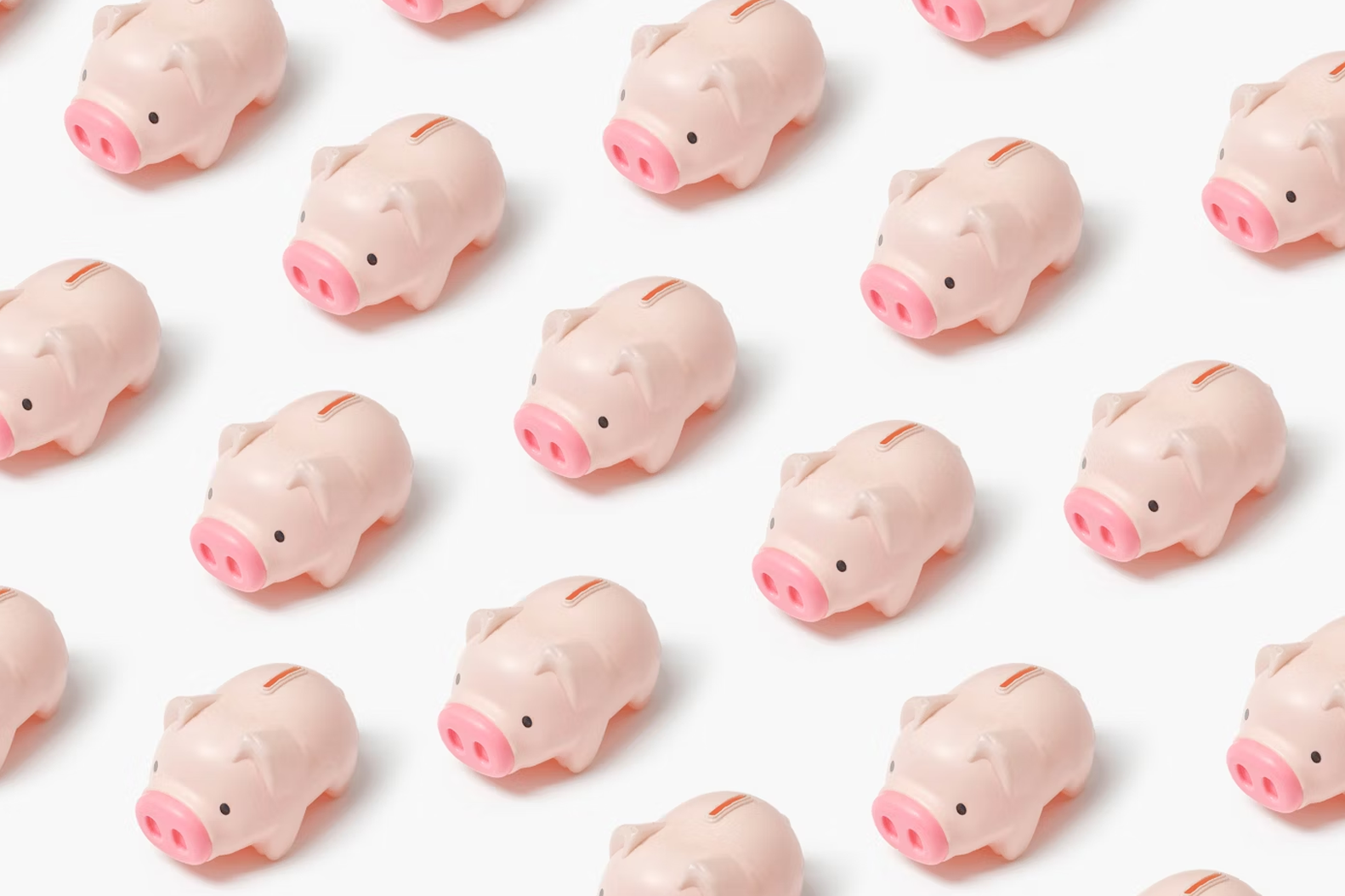I remember my first.
It didn’t resemble a brick. Instead, it was yellow and black, like a bumblebee; the first mobile phone I remember ever seeing was an Ericsson. This was in 1997.
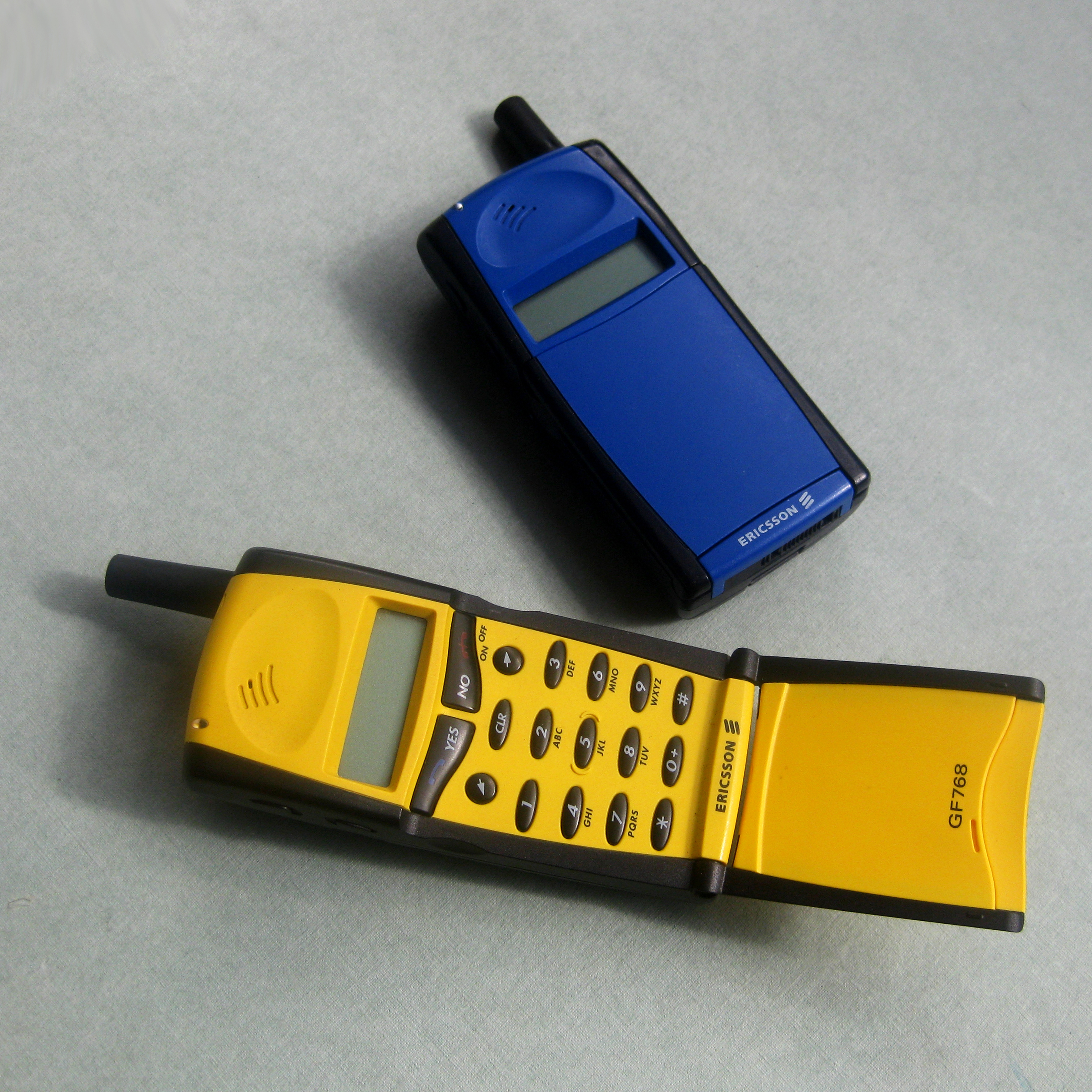
My mum’s new gadget – it wasn’t smart, but by no means was it dumb – was all the rage in my family. Everyone wanted to try the flip cover and type on the number pad. So satisfyingly analogue.
I got my first mobile phone (I think it was a Nokia 6100) a few years later. It didn’t matter that I didn’t have anyone else other than my parents to send text messages to – I had my own phone and I could do this:
That was the era of dial-up internet access, GPRS and ASCII christmas trees (before emojis ????).
In 2007, Steve Jobs gave us the first iPhone – the original iPhone. I got my first iPhone the following year, but I didn’t have a 3G phone plan, so it was practically useless without a WiFi connection.
I brought my new gadget everywhere anyway – because that’s what you do when you had an iPhone.
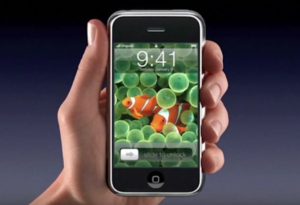
It was as much a status symbol as it is today. And it has always been priced as a premium product – the 32GB version of the iPhone 4 saw the crossing of the thousand-dollar threshold in Singapore.
Fast forward a decade, and the most expensive iPhone ever was launched on Tuesday (September 13).
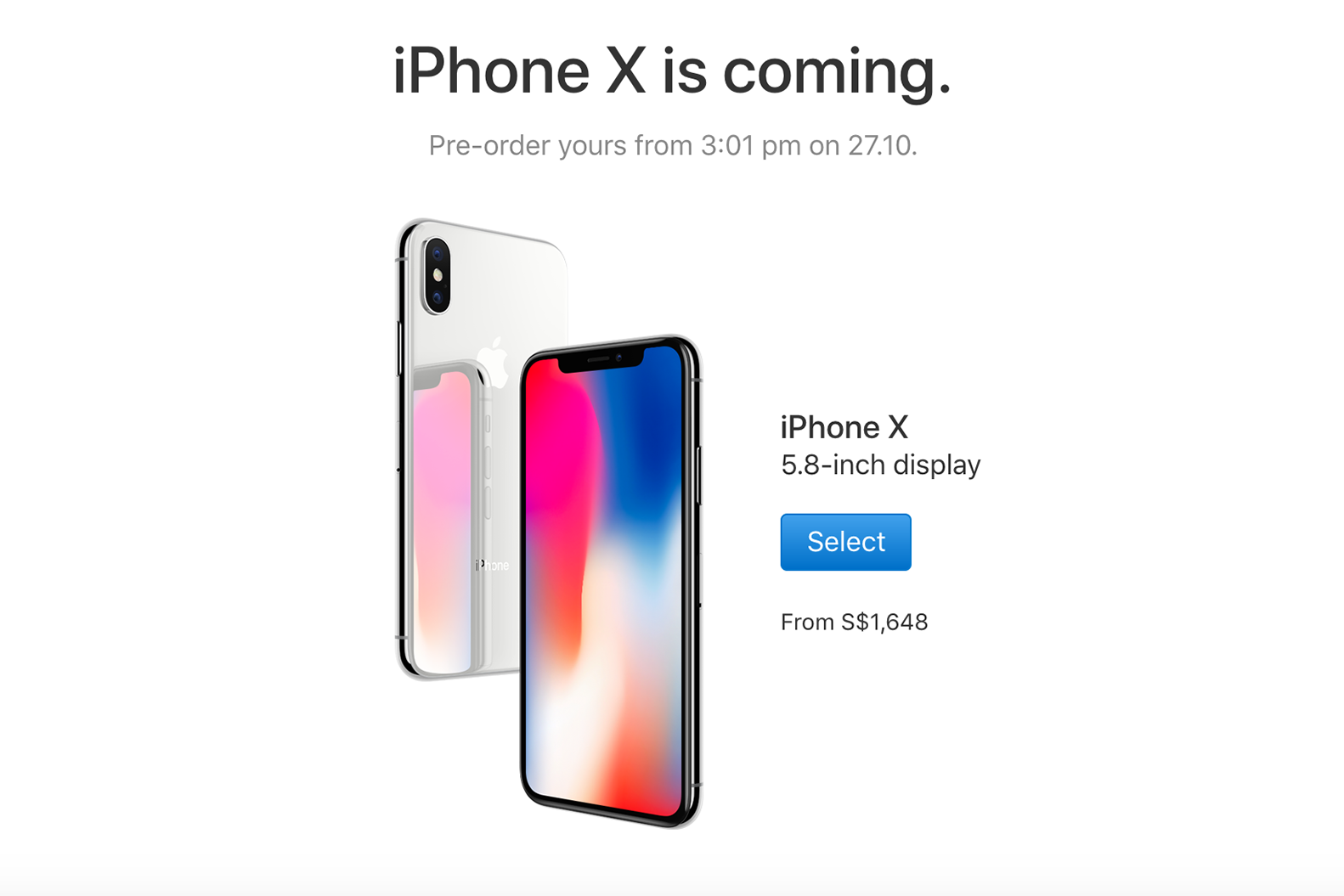
But consumers aren’t so sure about jumping straight in this time round, because the iPhone X – Apple’s top-of-the-line 10th-anniversary iPhone – sells upwards of S$1,648 (without a phone contract!) in Singapore.
William Jevons, an English economist, wrote in 1871 that the value of a product depends on how much a person desired it. Consumers create value, not the producer.
The iPhone is a premium product and its value was never intended to be a function of the cost of the product.
How much you pay is a measure of what you truly value.
MY PALACE VS HIS TEMPLE
Maybe you, like me, sometimes struggle when it comes to holding back on spending in this age of conspicuous consumption.
Think about our readiness to spend on good things for ourselves, and compare that to our desire to spend on God. Giving to build His church, sowing into His kingdom, tithing.
There’s an equivalent comparison in the Bible. King Solomon built a splendorous temple for God (1 Kings 6:2), according to the
specifications that God had given Him. You’d think that would be a good thing, right?
But the very next chapter (1 Kings 7:1-2) details the palace he built for himself. It took 13 years to complete, almost double the 7 years it took to build the temple.
According to the dimensions stated, the temple was 36,000 cubic cubits large (a cubit was a measurement based on the length of a forearm). But Solomon’s own palace measured 150,000 cubic cubits – more than four times larger than the temple he had built for God.
What about you? Do you spend more time and money building your own palace than His temple? Would you be willing to build a temple unto God that is bigger than your own palace?
Or even if we don’t spend much money on ourselves, are we actually using our resources to do what God has called us to do?
We could be avoiding doing all the “wrong” things like spending on big-ticket, luxury items, yet never actually invest in the things that matter to God – putting our money where our mouth is.
Do you spend more time and money building your own palace than His temple? Would you be willing to build a temple unto God that is bigger than your own palace?
King Solomon may have gotten carried away with the scale of his palace, but there was one thing he did right: He built God’s temple first.
It’s the principle from Haggai 1:4, which asks of the people: “Is it a time for you yourselves to be living in your panelled houses, while this house (the Temple of God) remains a ruin?”
When we put God first in how we use our money, time and all our other resources, it reflects who the King of our heart is.
This isn’t a call to false, legalistic modesty. I’m not saying to hold off a purchase just so you can say you did. Depravation for depravation’s sake is meaningless.
All I’m saying is, whether or not you’re getting one of the new iPhones – or any other big-ticket item – it’s good to use the occasion to check yourself: How willing and ready am I to spend that same amount of money for God’s purposes?
Our honest answer will show us the condition of our heart, and how much room it has for Him. When it comes to the things of God, just like with the iPhone X, you’re looking for more capacity –you want to be the 256GB heart, not the 64GB one.


